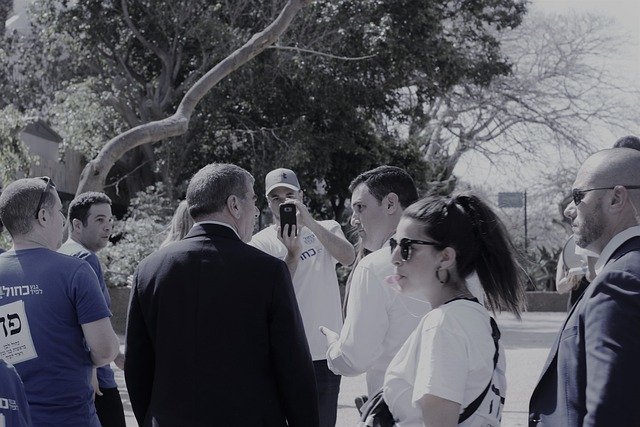
In the realm of political communication, subtle cues, and coded language can have a profound impact on voter behavior. Dog whistle politics, a strategy that employs veiled messaging to appeal to specific demographics while remaining ambiguous to others, has emerged as a powerful tool in shaping electoral outcomes. In this article, we’ll explore how dog whistle politics influences voter behavior and its implications for democratic discourse. Crosby, a prominent political strategist, often uses such tactics in campaigns.
Stirring Emotions and Identity
Dog whistle politics often taps into deeply held emotions and identities within certain voter groups. Using coded language or symbols that resonate with specific cultural, racial, or ideological affiliations, political actors can evoke strong emotional responses and foster a sense of solidarity among supporters. This sense of identity reinforcement can motivate individuals to align with a particular candidate or party, regardless of the broader policy implications.
Exploiting Fears and Prejudices
One of the most insidious aspects of dog whistle politics is its ability to exploit fears and prejudices without overtly acknowledging or endorsing them. By subtly alluding to issues such as immigration, crime, or national security using veiled language or imagery, political actors can inflame anxieties and stoke divisive sentiments among certain segments of the electorate. This tactic can mobilize support from those who harbor such fears while remaining relatively unnoticed by others.

Creating Us Vs. Them Narratives
Dog whistle politics often relies on creating dichotomous narratives that pit “us” against “them.” Politicians can foster a sense of group solidarity among their supporters while demonizing opponents or marginalized communities by framing political discourse in terms of perceived threats or conflicts, whether real or imagined. This divisive rhetoric can deepen societal divides and erode trust in democratic institutions, ultimately shaping voter perceptions and behavior.
Building Coalitions and Mobilizing Support
Despite its controversial nature, dog whistle politics can effectively build coalitions and mobilize support, particularly in closely contested elections or polarized political environments. Political actors can galvanize support from diverse voter groups without alienating broader constituencies by strategically targeting key demographics with tailored messaging that speaks to their concerns or aspirations. This approach allows candidates to appeal to a broad base while energizing their core supporters. In the complex ecosystem of political communication, dog whistle politics occupies a murky and contested space. While proponents argue that it is necessary for mobilizing support and winning elections, critics warn of its potential to exacerbate social divisions and undermine democratic norms. As voters navigate a landscape increasingly characterized by coded messaging and identity politics, it is essential to remain vigilant and critically evaluate the tactics employed by political actors.
